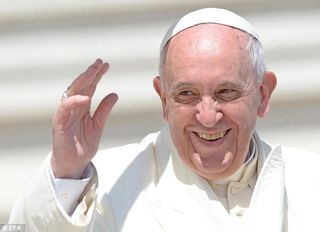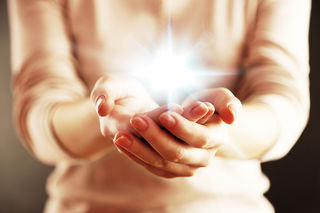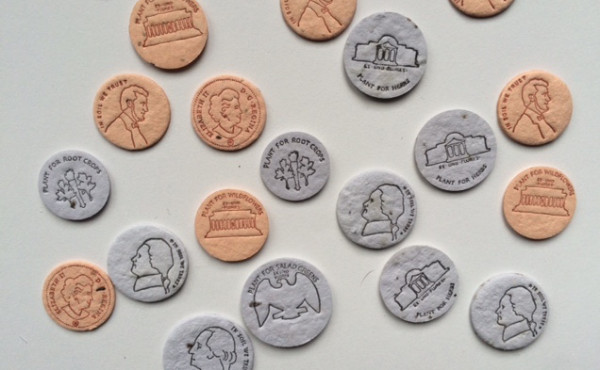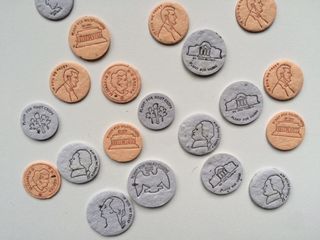We are in the midst of what has become the season of giving and receiving. Giving and receiving are big business, especially this month. There’s a year-end pressure to buy gifts for family and friends, and to donate. The “asks” from nonprofits are overflowing in our mail and email boxes. It’s easy, and sometimes appropriate, to be cynical and dismissive of this hard sell. But I also know of the benefit and pleasure that comes from offering money, even small sums, to help people and causes.
What brings you pleasure in giving to charities and those in need? Why do you give? What are you feeling as you write the check or click the donate button? Does the amount you give matter? If so, in what way? How do you decide what causes and organizations to give to? Do you expect something in return? Do you like your gifts publicly recognized? If so, why? How much does the current tax write off influence your giving?
Giver, receiver, and gift are wrapped together as one in Buddhism, they cannot be separated. There is no giver without a receiver and no receiver without a giver. When we are giving, we are also simultaneously receiving. When we are receiving, we are also giving. The gift itself is equally integral and important. As a board member of several non-profits I know that the gift of money is an expression of generosity of spirit as well as of funds. Giving is a response to what is needed in the world, it sustains organizations and individuals. Donations, symbolizing the givers’ recognition of the value of the work being done, also create a community of support that goes way beyond dollars and cents.
There really is no one season of giving as we are giving and receiving daily. Without labeling it as giving/receiving that is what we are doing in the ordinary activities of listening attentively to another, cooking a meal for someone in need, buying a cup of tea for a friend, paying a provider for their services, feeding wild birds, and a myriad mix of other gestures of connection. Giving money is an important act but not to be confused with giving of ourselves, our time, our thoughtfulness, our taking action in the world. As Maya Angelou wrote in Letter to My Daughter:
That day, I learned that I could be a giver by simply bringing a smile to another person. The ensuing years have taught me that a kind word, a vote of support is a charitable gift. I can move over and make another place for someone. I can turn my music up if it pleases, or down if it is annoying. I may never be known as a philanthropist, but I certainly am a lover of mankind, and I will give freely of my resources.
May your giving and receiving be fulfilling this holiday season.
Published 12/19/17




